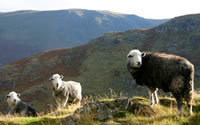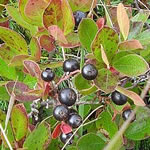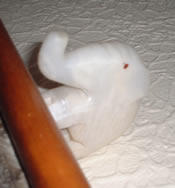
This is a little ditty I came up with recently and which incorporates the old sheep scoring numbers and a bit about their history. I first discovered these numbers in a book about Cumbrian dialect in Lancaster library one day many years ago while I was waiting for my train home from school. The numbers I use here come from Keswick in Cumbria. There are many other versions from all over England, Wales and Scotland.
When you get to jiggit
A long time ago in a land not so far away
The shepherds did count their sheep in this way
And the children did use these numbers in their play
And this is what they’d say.
Yan, tyan, tethera, methera, pimp
sethera, lethera, hovera, dovera, dick
yanadick, tanadick, tetherdick,
petheradick, bumfit, yanabumfit, tanabumfit,
tetherabumfit, petherabumfit, jiggit.
And when you get to jiggit put a stone in your pocket
a stone in your pocket
a stone in your pocket
When you get to jiggit put a stone in your pocket
a stone in your pocket
So you know how many jiggits you’ve got.
The last remaining fragments of long-forgotten Celtic tongues
That’s what they’re thought to be.
Collected mainly during the 19th century
In many parts of the north country.
And they go …
Yan, tyan, tethera, methera, pimp
sethera, lethera, hovera, dovera, dick
yanadick, tanadick, tetherdick,
petheradick, bumfit, yanabumfit, tanabumfit,
tetherabumfit, petherabumfit, jiggit.
And when you get to jiggit put a stone in your pocket
a stone in your pocket
a stone in your pocket
When you get to jiggit put a stone in your pocket
a stone in your pocket
So you know how many jiggits you’ve got.
Here’s a recording:
I sang this in public for the first time last night at Poetica, an evening of poetry and music at the Blue Sky Café in Bangor, and it went down well.
More information about the sheep scoring numbers.


